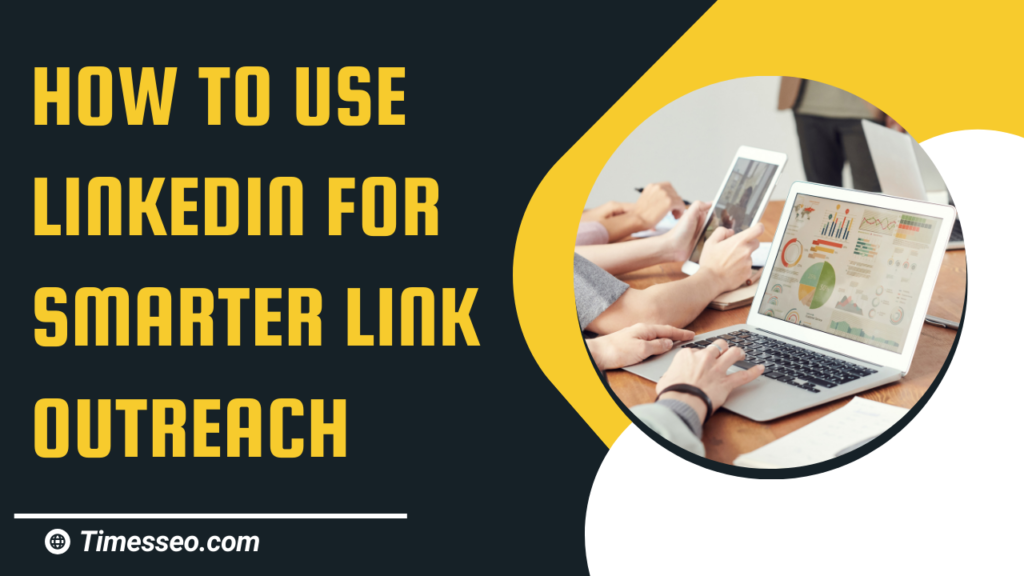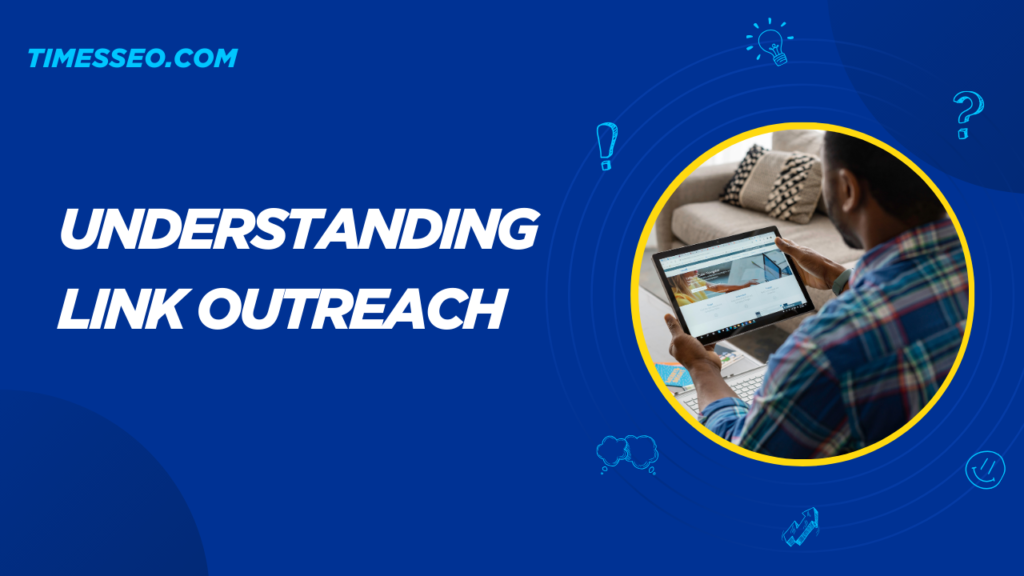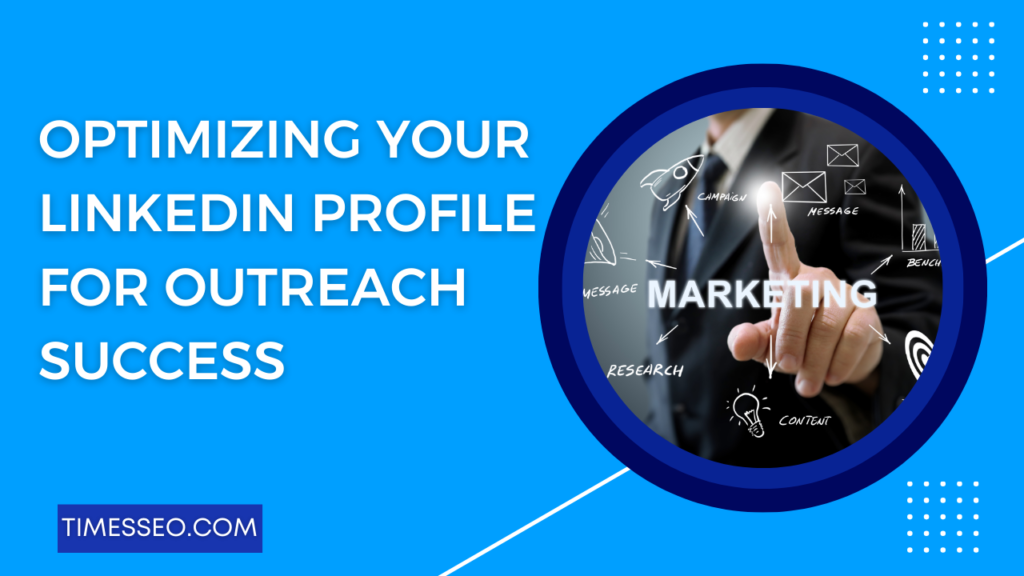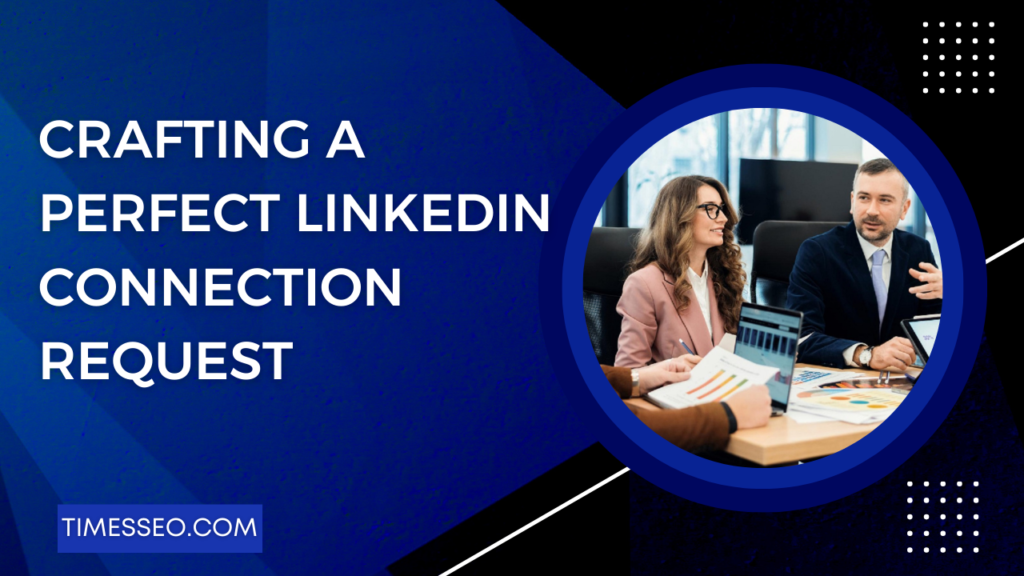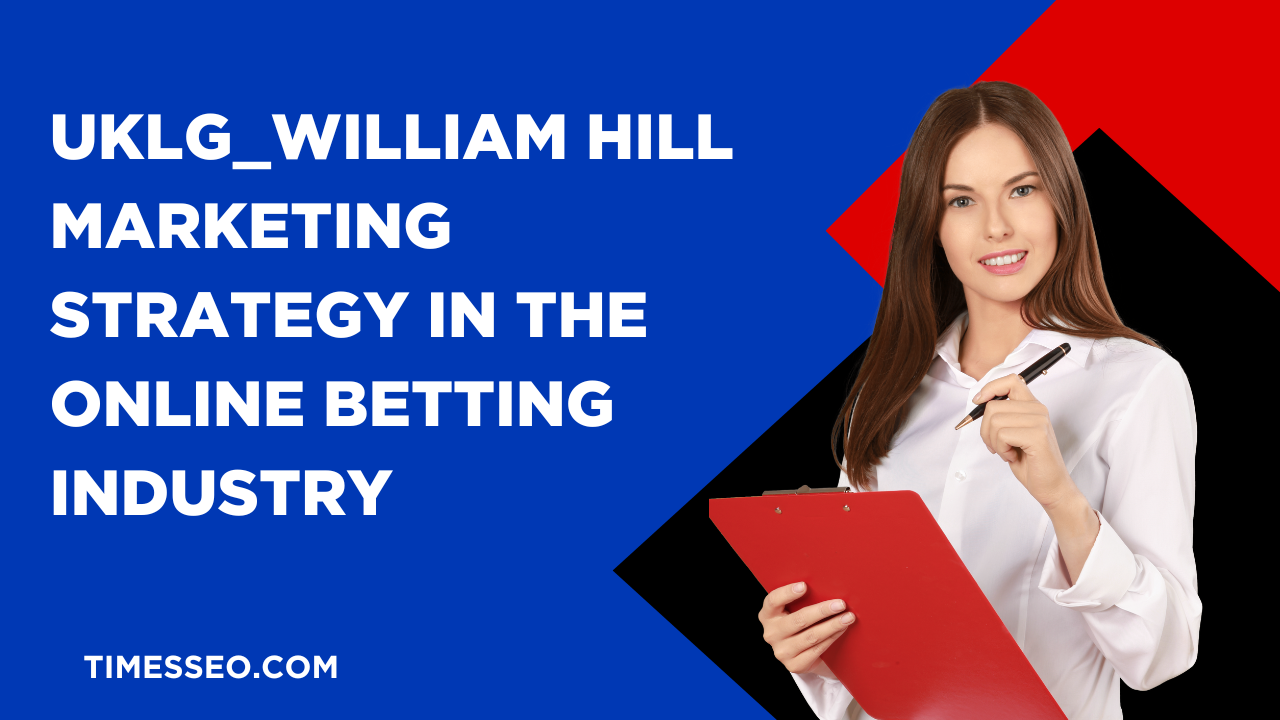
How to Use LinkedIn for Smarter Link Outreach
Discover how to use LinkedIn for smarter link outreach and build valuable connections that drive high-quality backlinks. This guide explores strategies to optimize your profile, engage with prospects, and craft outreach messages that convert.
Table of Contents
Introduction
When it comes to link building, most people think of cold emails, outreach tools, and endless follow-ups. But here’s the thing: LinkedIn has quietly become one of the smartest platforms for link outreach. Why? Because it’s where professionals hang out, share content, and make real connections. Instead of knocking on doors with generic pitches, LinkedIn lets you step into the room and start a conversation.
In this guide, we’ll explore exactly how to use LinkedIn for smarter link outreach, build meaningful relationships, and land those high-quality backlinks without feeling like a spammer.
Understanding Link Outreach
Link outreach is the process of reaching out to website owners, bloggers, and influencers to request backlinks. These backlinks help improve your site’s SEO, build authority, and drive referral traffic. The catch? Outreach often fails when it feels impersonal or self-serving. That’s where LinkedIn comes in—it adds the “human” back into the process.
Why LinkedIn is a Goldmine for Outreach
LinkedIn isn’t just another social media platform—it’s the world’s largest professional network. Unlike email, where your pitch often lands in spam, LinkedIn gives you direct access to decision-makers. People expect networking here, which makes your outreach feel more natural.
The benefits?
- Higher response rates than cold emails
- Direct access to authors, editors, and marketers
- Stronger trust built through visible profiles
Optimizing Your LinkedIn Profile for Outreach Success
Your LinkedIn profile is essentially your online handshake. If someone checks you out after your message, what they see can make or break your outreach.
- Professional headline: Go beyond job titles—highlight expertise (e.g., Helping brands boost SEO through smart content strategies).
- Persuasive summary: Tell your story, add value, and include a call-to-action.
- Credibility signals: Endorsements, recommendations, and published content show authority.
Building the Right Network
The power of LinkedIn lies in connections. But random connections won’t help—you need to be strategic.
- Target audience: Focus on bloggers, editors, and marketers in your niche.
- Decision-makers: Connect with people who can actually give you backlinks.
- Relationship nurturing: Don’t rush—engage before asking for links.
Using LinkedIn Search for Outreach Opportunities
For outreach, LinkedIn’s sophisticated search criteria are invaluable.
You can search by:
- Industry & keywords (find content creators in your niche)
- Company size & roles (spot marketing managers, editors, SEO leads)
- Posts & articles (see who’s publishing link-worthy content)
- This turns LinkedIn into a live database of backlink prospects.
Engaging with Potential Link Partners Before Outreach
Here’s the golden rule: Engage before you pitch.
- Like their posts
- Drop thoughtful comments
- Share their articles with your audience
By doing this, you warm up the relationship. When your outreach message arrives, it doesn’t feel like a cold request—it feels like a continuation of the conversation.
Crafting a Perfect LinkedIn Connection Request
First impressions matter. Sending a connection request without a message is the fastest way to be overlooked. Instead, personalize it.
Example:
“Hi Sarah, I enjoyed your recent article on SEO trends. It would be great to follow your insights and connect with you.
See the difference? You’re not asking for a backlink—you’re starting a relationship.
Creating Value-Driven Outreach Messages
Once connected, it’s time to pitch—but carefully. Avoid spammy “Can you link to my site?” messages. Instead:
- Show how your content adds value to theirs
- Offer mutual benefits (guest posts, collaborations)
- Keep it short, clear, and human
LinkedIn Messaging vs. Email Outreach
Should you use LinkedIn messages or email? The answer: both.
- Start with LinkedIn: More personal and less spammy.
- Switch to email: For detailed pitches or if they prefer another channel.
LinkedIn Content as a Link Magnet
Want people to link to you naturally? Publish content that attracts links.
- High-value posts: Quick tips, stats, insights
- Long-form articles: Evergreen guides that others reference
- Thought leadership: Share case studies, opinions, and experiences
This positions you as an expert, making people more likely to link to your content.
Leveraging LinkedIn Groups for Link Outreach
LinkedIn groups are underrated.
- Join niche-specific groups where your audience hangs out
- Contribute to discussions, not just promotions
- Share useful resources (including your own content, strategically)
The key: add value first, links second.
Tools and Automation for Smarter Outreach
You don’t have to do everything manually.
- LinkedIn Sales Navigator: Advanced targeting and prospecting
- Automation tools: (e.g., Expandi, Dux-Soup) but use carefully—spam kills relationships
- Analytics: Track acceptance rates, engagement, and backlink results
Common Mistakes to Avoid in LinkedIn Link Outreach
Don’t fall into these traps:
- Sending generic pitches (instant delete)
- Over-promoting yourself without adding value
- Ignoring the relationship aspect
Remember: LinkedIn is for networking, not hard selling.
Measuring Outreach Success
To know if your outreach works, track metrics like:
- Connection acceptance rates
- Response rates to messages
- Number of backlinks acquired
- Quality of backlinks (domain authority, relevance)
Use this data to refine your strategy.
Conclusion
LinkedIn isn’t just for job seekers—it’s a powerful tool for smarter link outreach. By optimizing your profile, building relationships, engaging with content, and sending value-driven messages, you can turn connections into high-quality backlinks. Outreach isn’t about spamming—it’s about networking, and LinkedIn gives you the perfect platform to do it.
Frequently Asked Questions
Yes, LinkedIn often has higher response rates because it’s more personal and professional.
Use advanced search, follow content creators, and monitor posts for link-worthy content.
Keep it short, personalize it, and show how your content benefits them.
Engage with their content first, build rapport, and avoid copy-paste pitches.
Yes, groups let you connect with niche communities, share insights, and build trust that can lead to backlinks.
Table of Contents
Popular Posts
-
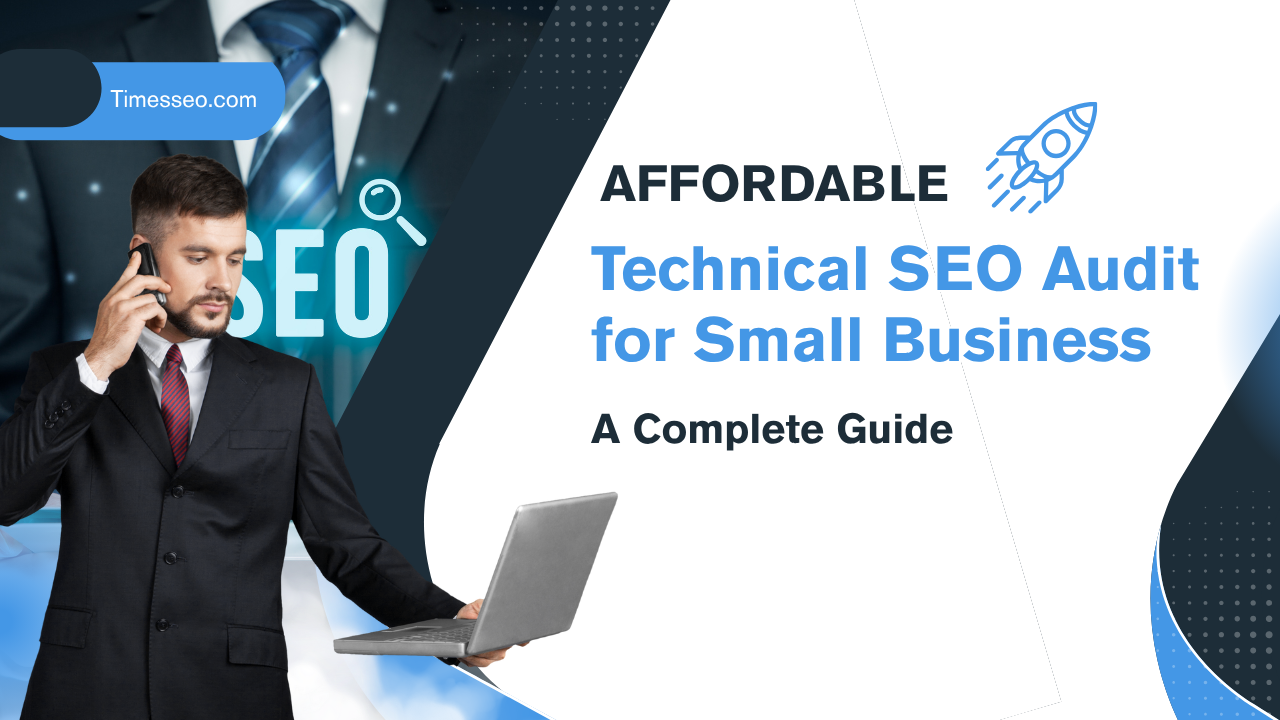 Affordable Technical SEO Audit for Small Business: A Complete Guide26 Jun 2025 Blog
Affordable Technical SEO Audit for Small Business: A Complete Guide26 Jun 2025 Blog -
 How to Get an Affordable Technical SEO Audit for Small Business27 Jun 2025 Blog
How to Get an Affordable Technical SEO Audit for Small Business27 Jun 2025 Blog -
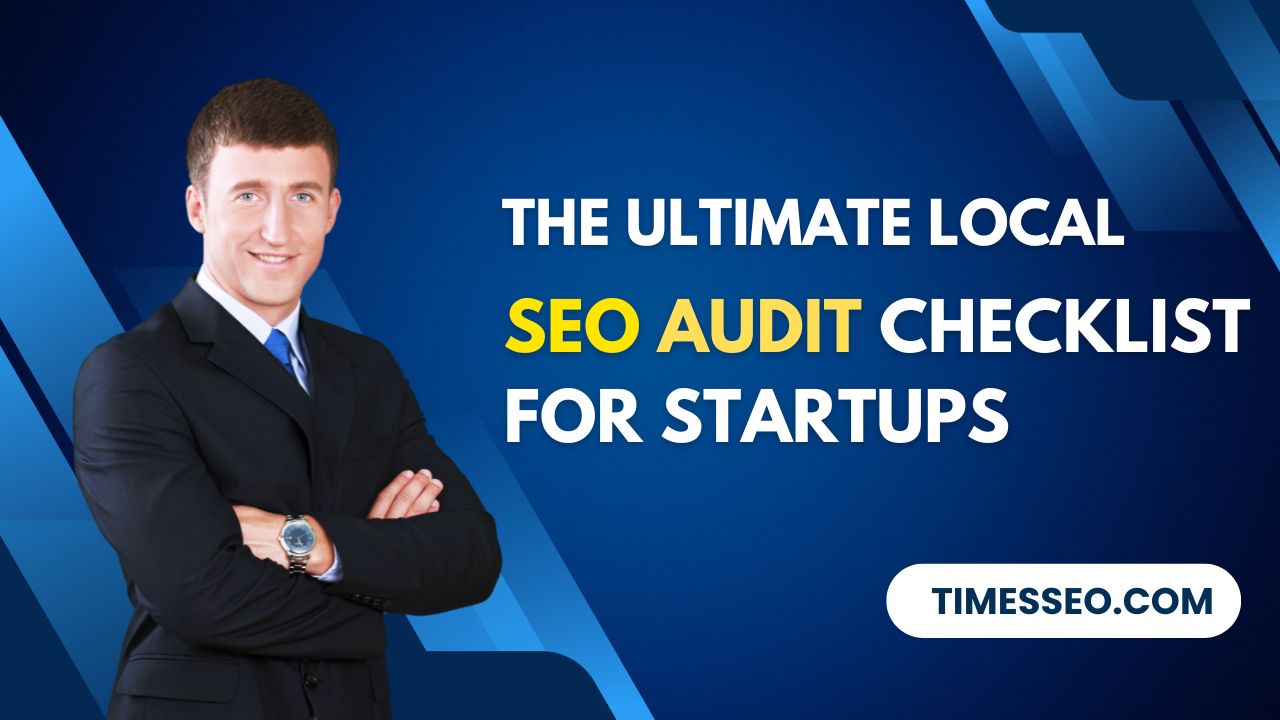 The Ultimate Local SEO Audit Checklist for Startups28 Jun 2025 Blog
The Ultimate Local SEO Audit Checklist for Startups28 Jun 2025 Blog -
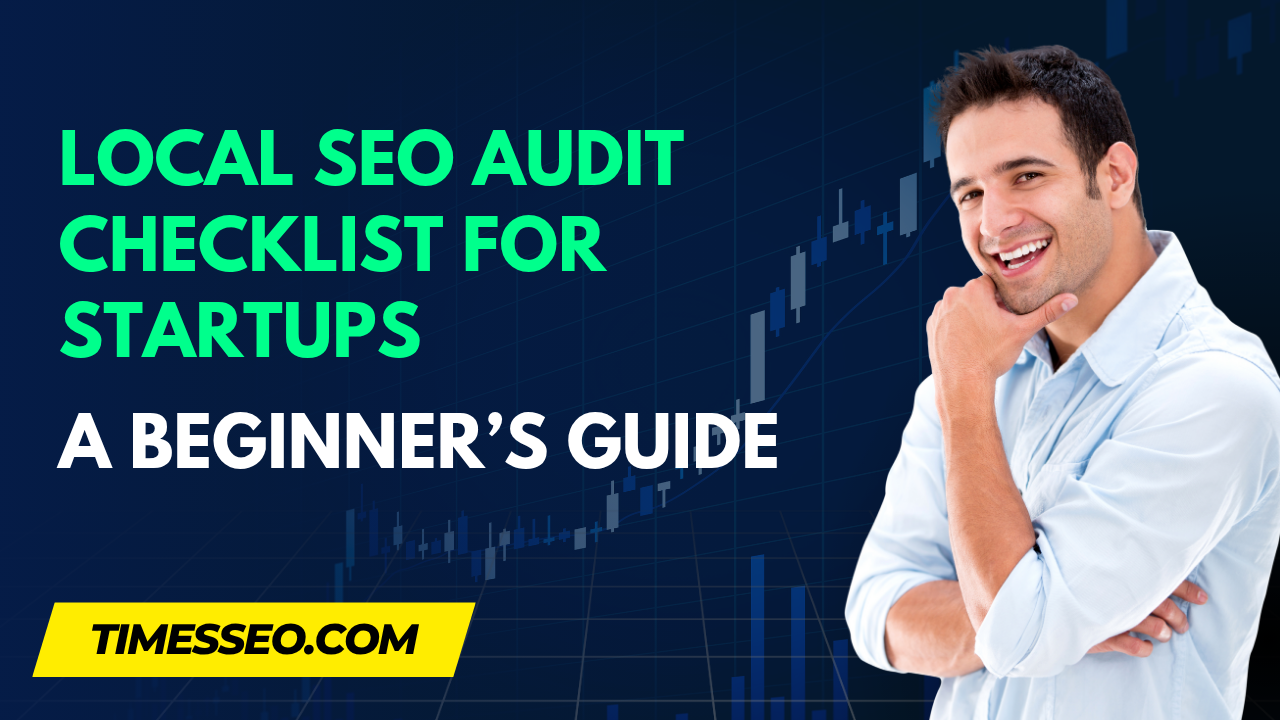 Local SEO Audit Checklist for Startups: A Beginner’s Guide28 Jun 2025 Blog
Local SEO Audit Checklist for Startups: A Beginner’s Guide28 Jun 2025 Blog -
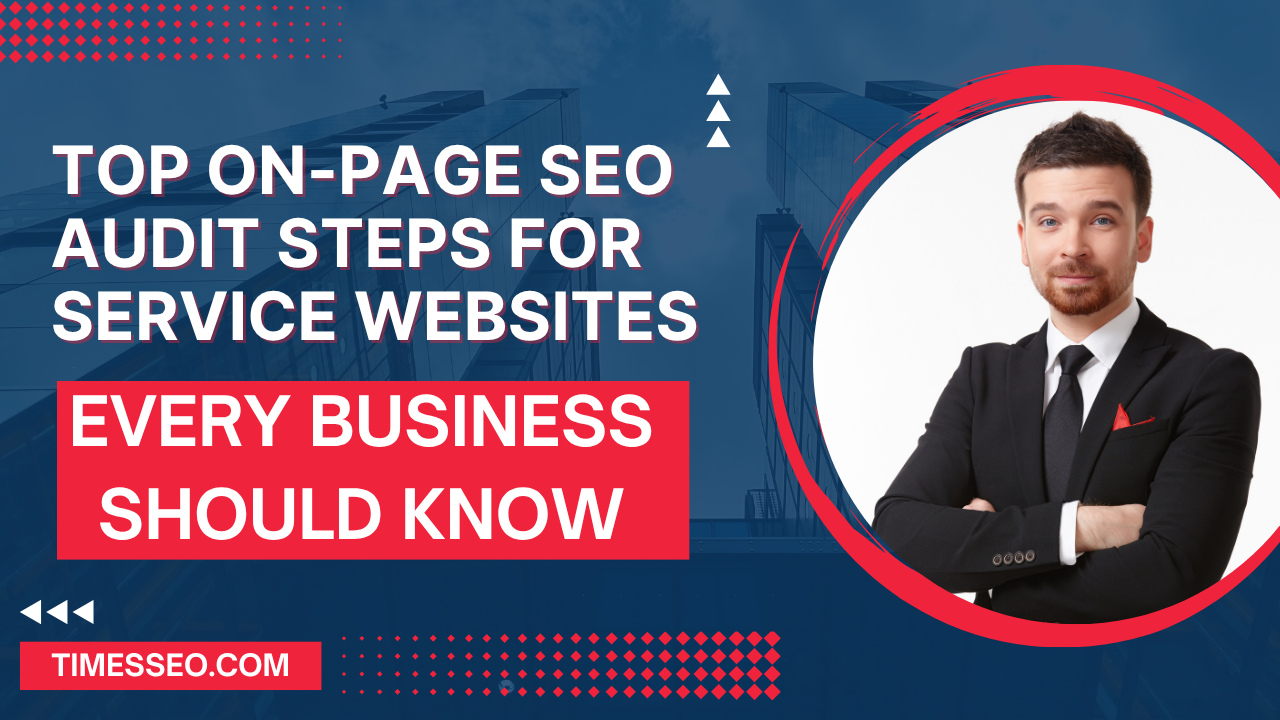 Top On-Page SEO Audit Steps for Service Websites Every Business Should Know29 Jun 2025 Blog
Top On-Page SEO Audit Steps for Service Websites Every Business Should Know29 Jun 2025 Blog -
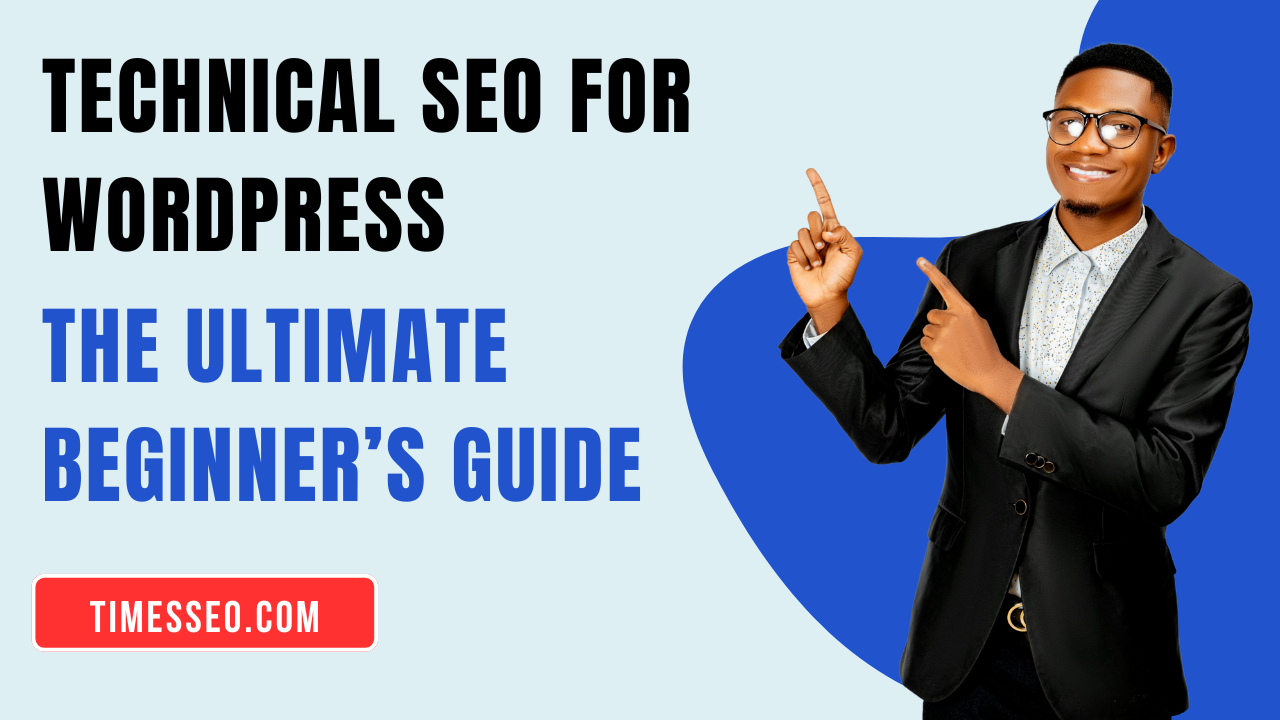 Technical SEO for WordPress: The Ultimate Beginner’s Guide01 Jul 2025 Blog
Technical SEO for WordPress: The Ultimate Beginner’s Guide01 Jul 2025 Blog -
 The Impact of On-Page SEO Audit Steps for Service Websites on UX01 Jul 2025 Blog
The Impact of On-Page SEO Audit Steps for Service Websites on UX01 Jul 2025 Blog -
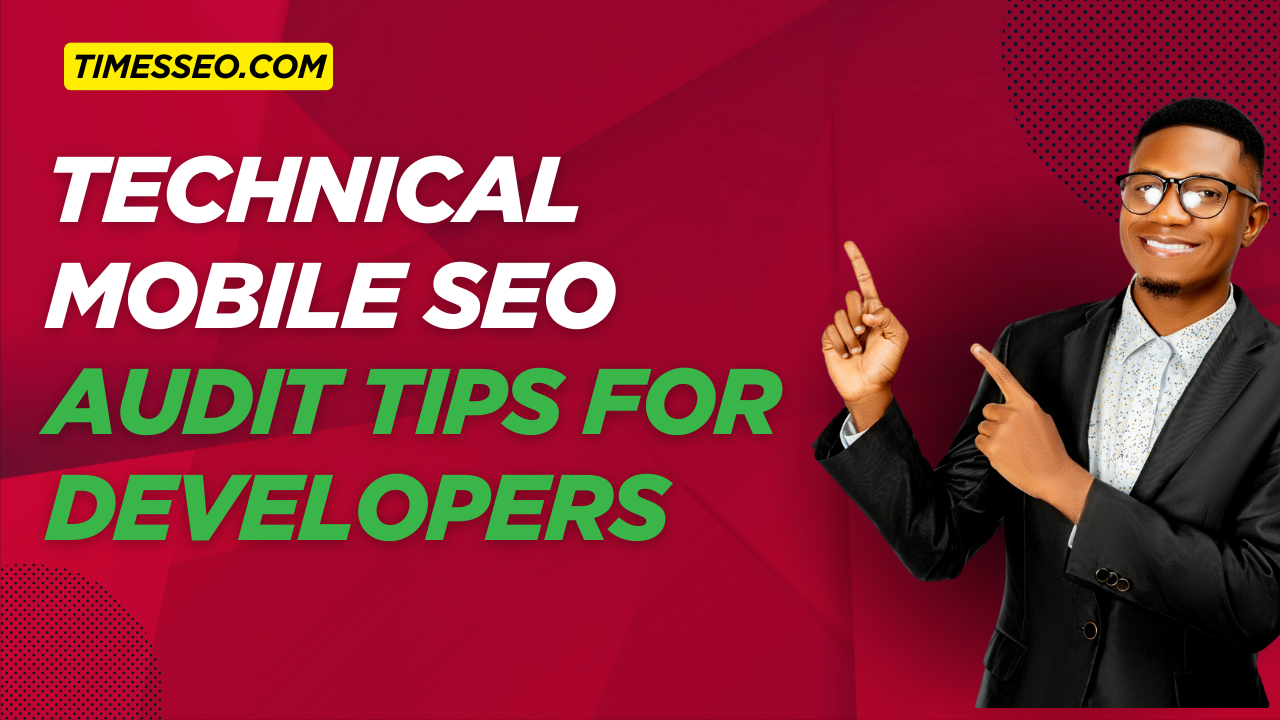 Technical Mobile SEO Audit Tips for Developers02 Jul 2025 Blog
Technical Mobile SEO Audit Tips for Developers02 Jul 2025 Blog -
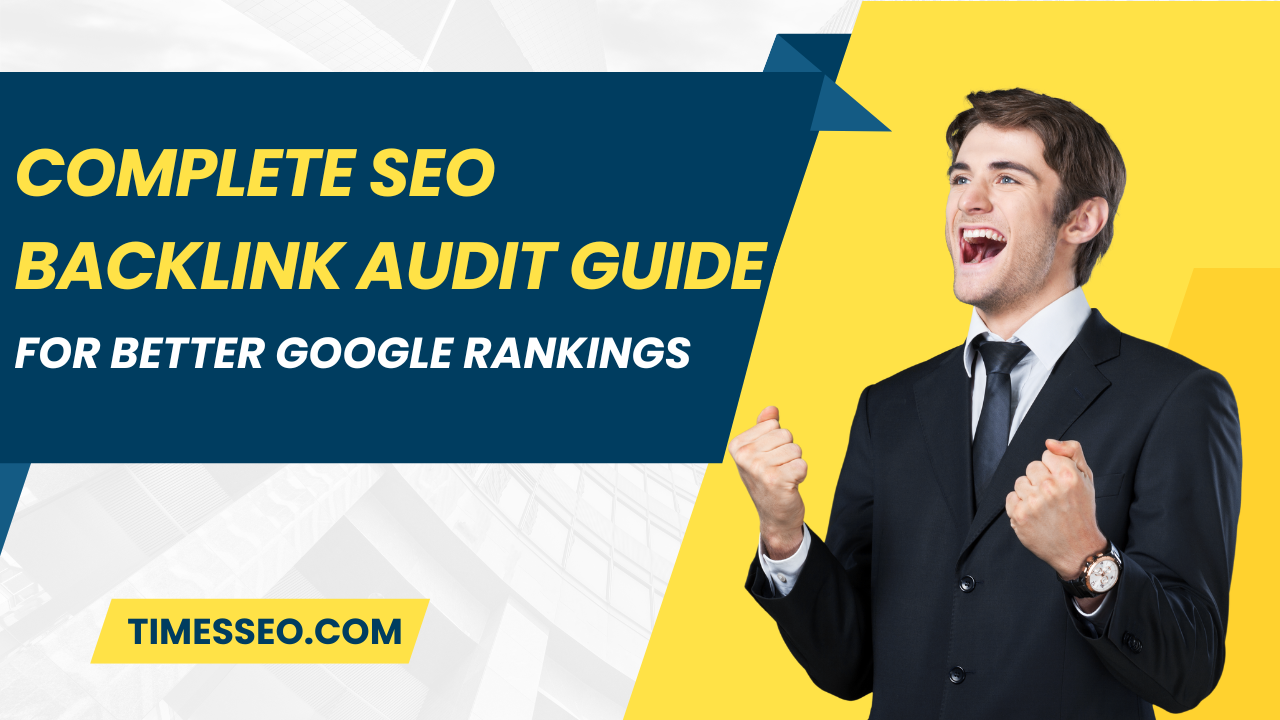 Complete SEO Backlink Audit Guide for Better Google Rankings03 Jul 2025 Blog
Complete SEO Backlink Audit Guide for Better Google Rankings03 Jul 2025 Blog -
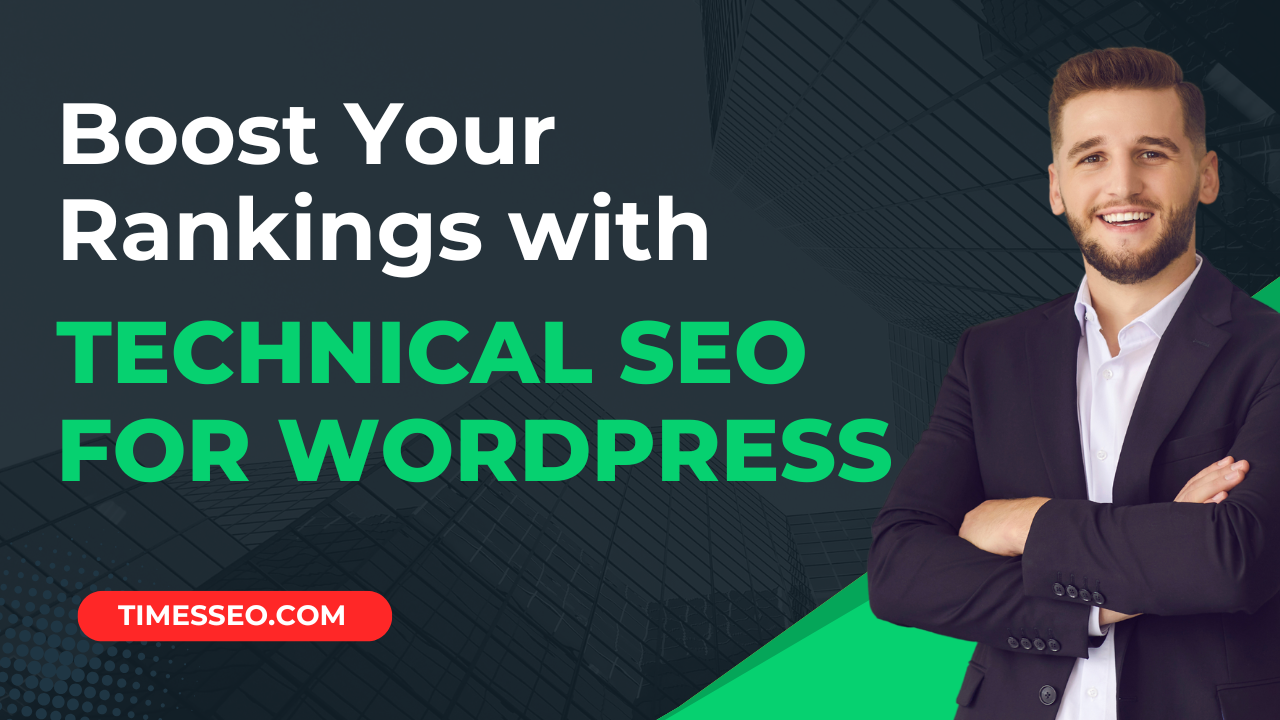 Boost Your Rankings with Technical SEO for WordPress01 Jul 2025 Blog
Boost Your Rankings with Technical SEO for WordPress01 Jul 2025 Blog

